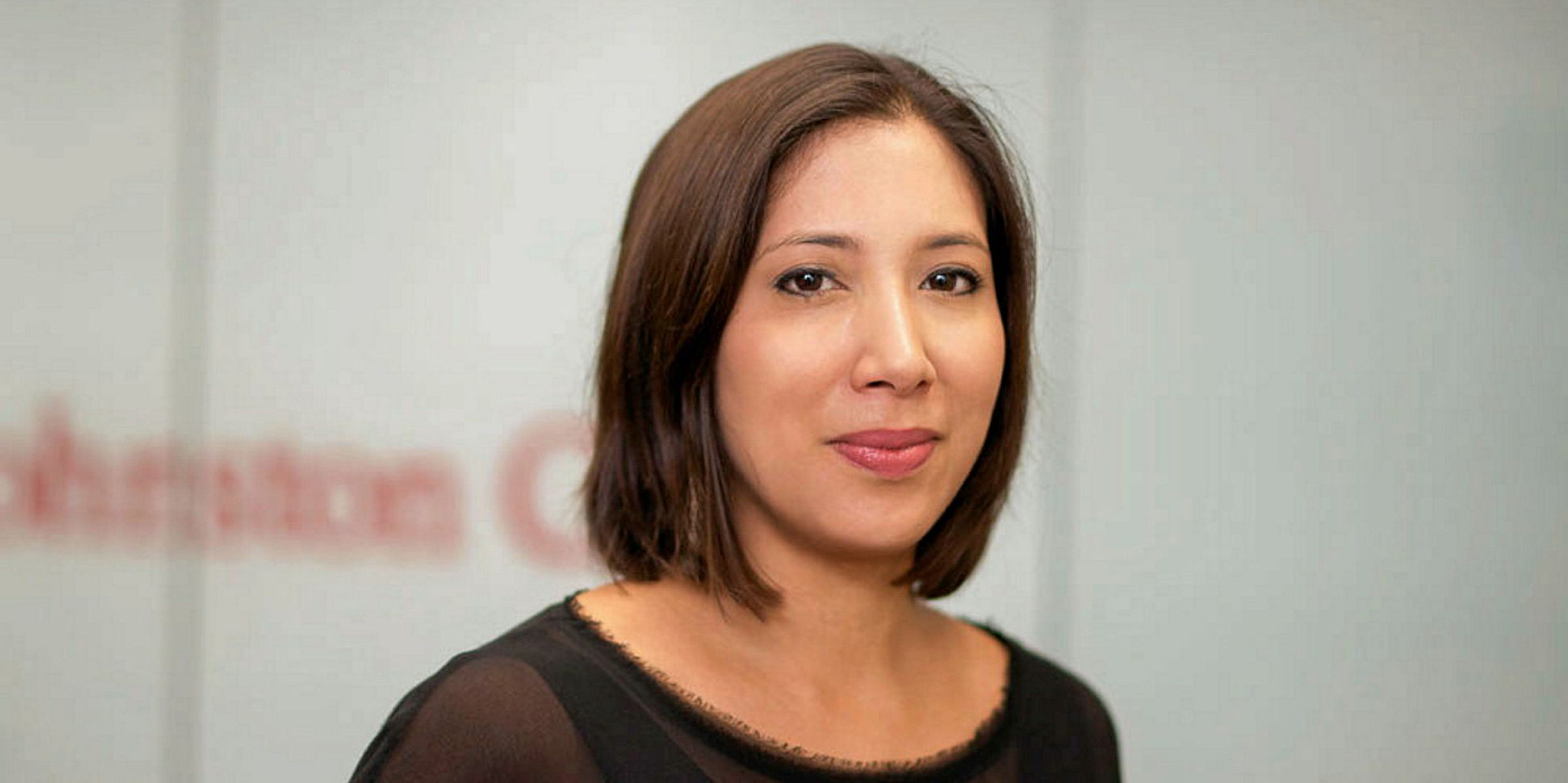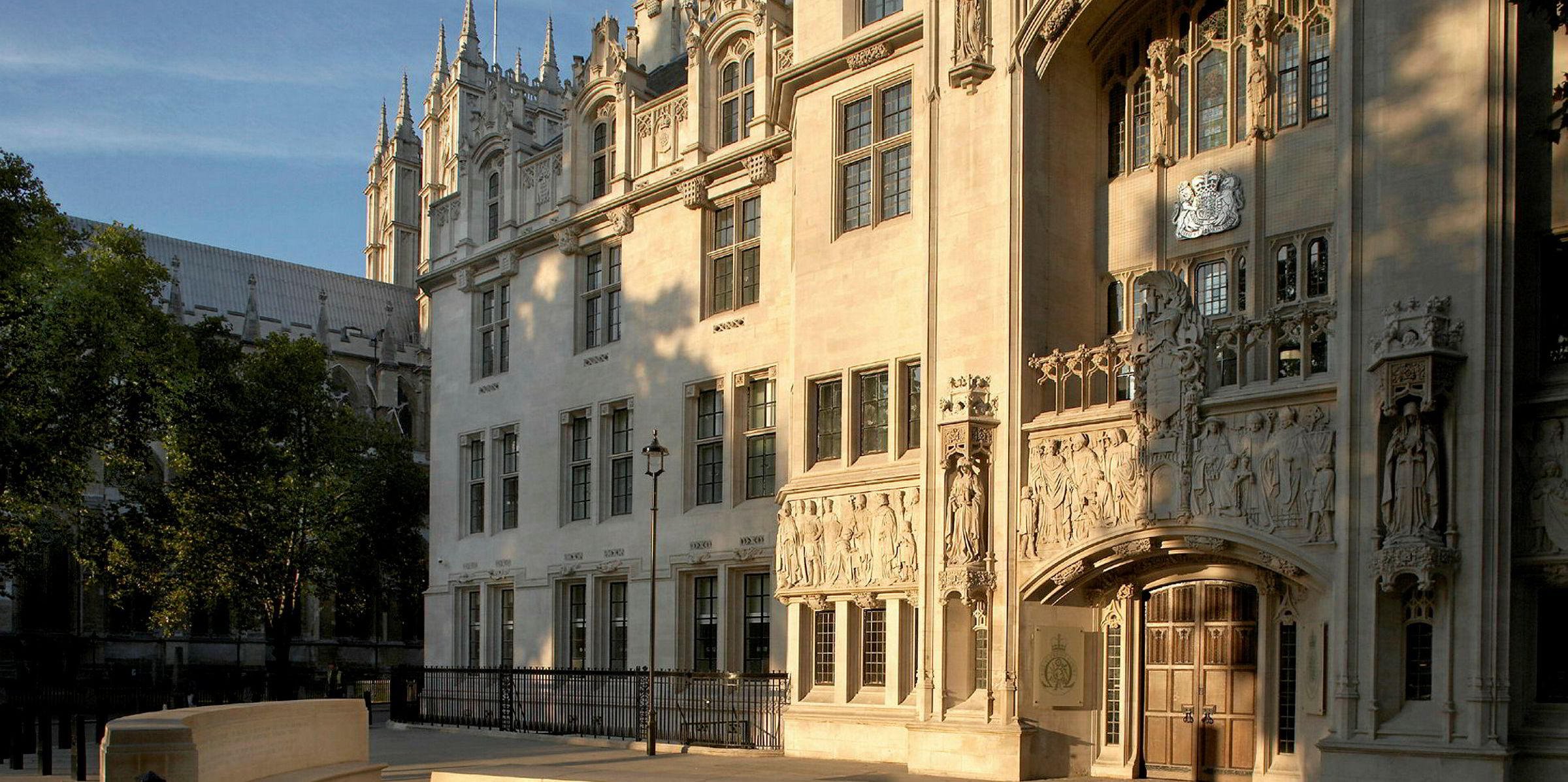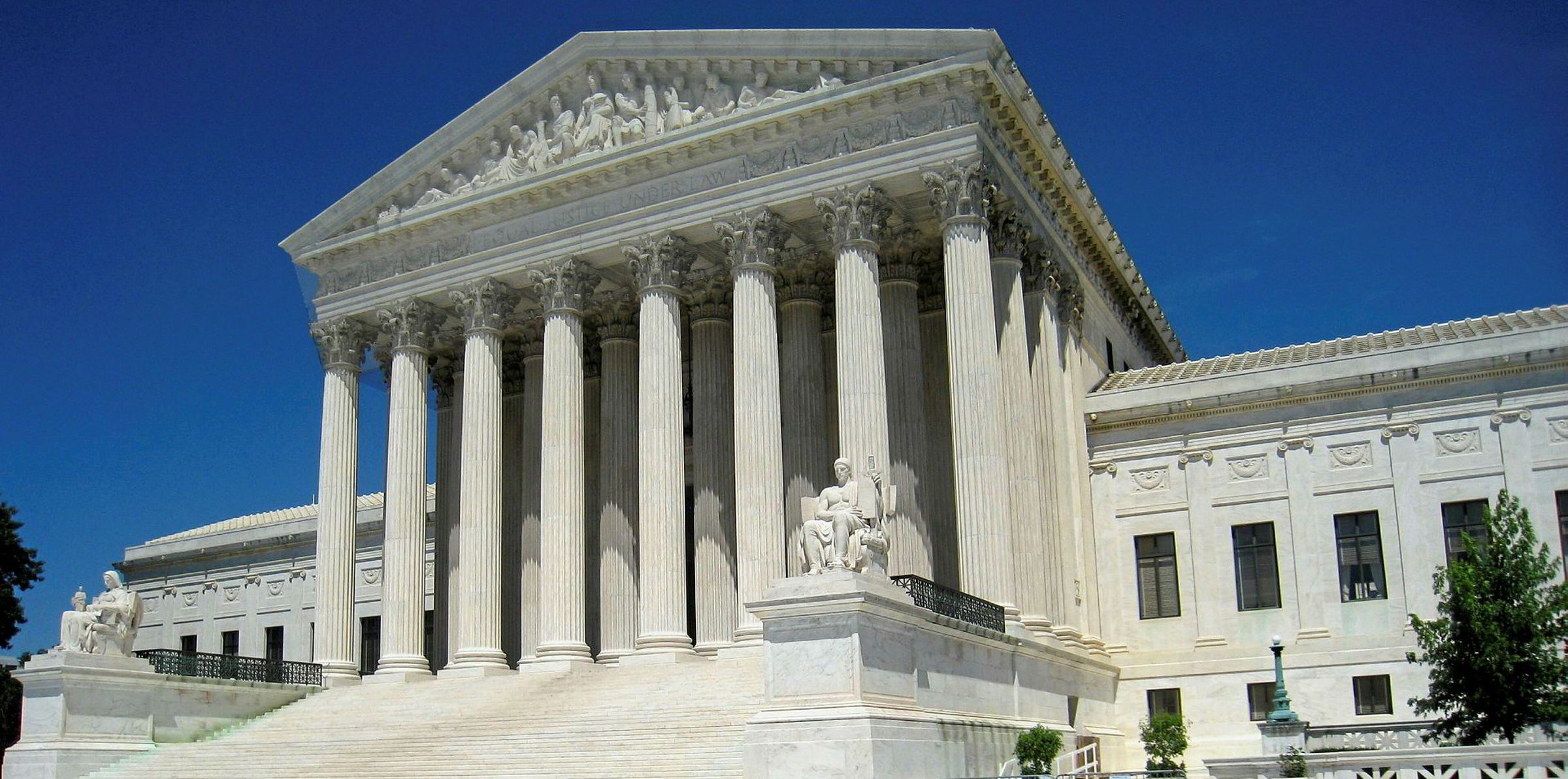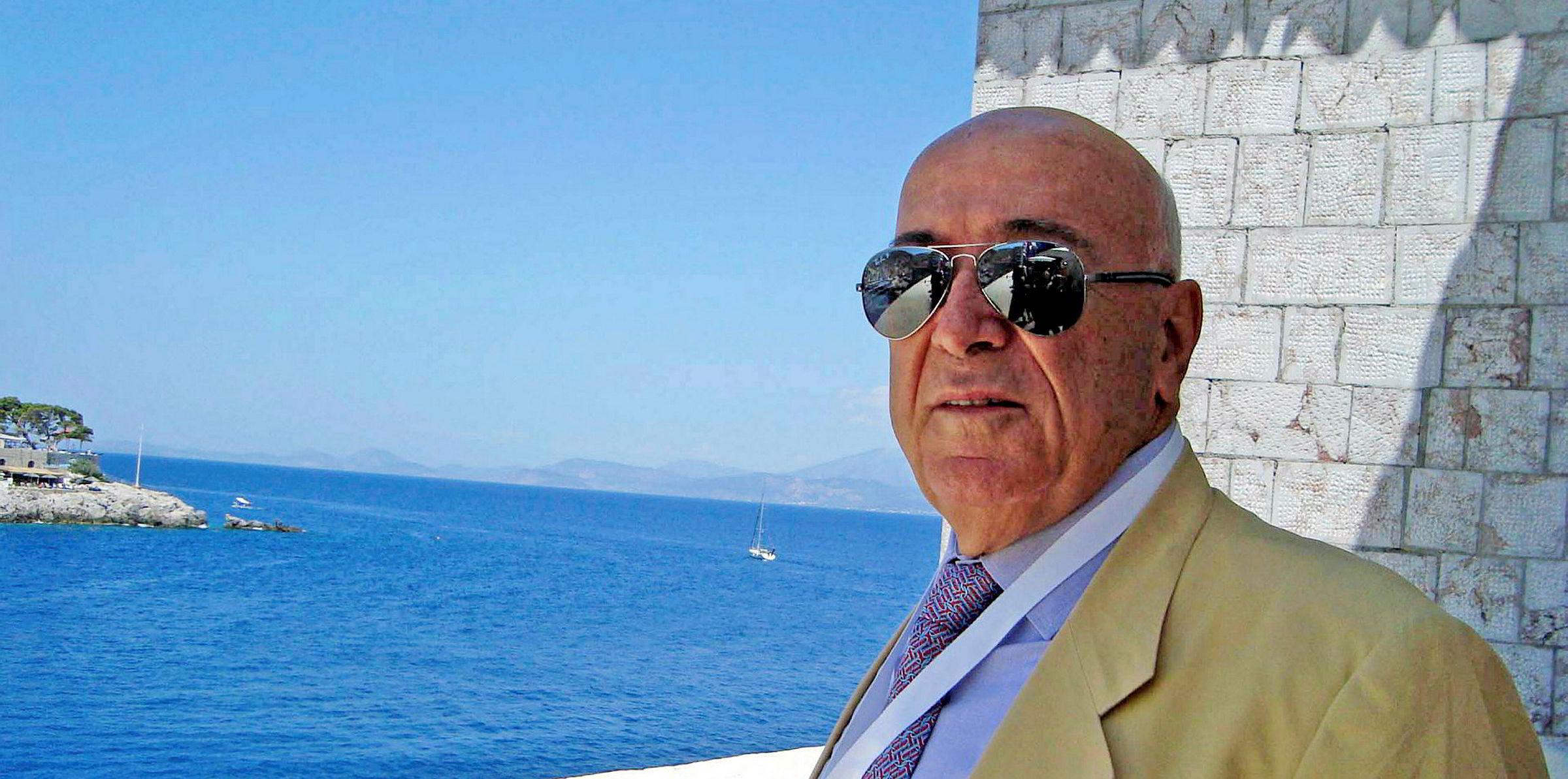The ruling of the UK's highest court in the Atlantik Confidence case should give confidence to banks that have financed assets against which fraudulent insurance claims have been made.
That is according to Kirsty MacHardy, partner at London-headquartered law firm Campbell Johnston Clarke (CJC), which represented Credit Europe Bank in the litigation and won in the Supreme Court.
MacHardy told TradeWinds that the Supreme Court judgment does not necessarily set any new precedents, but sends a valuable message.
"I think what it will do is give comfort to mortgagee banks that where they are a loss payee, they won't necessarily be tainted by an owner's fraud just by receiving funds by virtue of being a loss payee and assignee of insurance proceeds," she said.
'Weaker party'
The Supreme Court judgment also provides clarification of what constitutes a "weaker party" in disputes that arise over interpretation of Article 14 of the Recast Brussels Regulation.
Article 14 provides that "weaker parties" can be sued in the country of their domicile and it was on this basis that Credit Europe Bank argued that the proper jurisdiction for the litigation was the Netherlands, where it is based.
In a general sense, a "weaker party" would be one with less financial firepower than their opposition in court, but the test is subjective and therefore open to interpretation.
Over the course of the litigation, MacHardy said this test was further muddied by a "potentially ambiguous" decision by the Court of Appeal.
"In looking at the weaker party, they said that you were not a weak party if you were in the business of settling insurance claims from time to time, so sort of an insurance professional," she said.
In representing the bank in this case, CJC's position was that this definition could create problems for small businesses that are claiming against multiple insurance policies, who could therefore be denied the legal protection of Article 14.
"But what the Supreme Court clarified is that Article 14 effectively gave protection to a class of people — those being the policy holders, the insured or the beneficiary under a policy — they would be deemed to be the weaker party. It wouldn't be as subjective," MacHardy said.
The initial claim is the first CJC has handled that has gone to the Supreme Court since the law firm opened 10 years ago.
"We were successful, so it's great to be involved in great results and great for the firm," MacHardy said.







